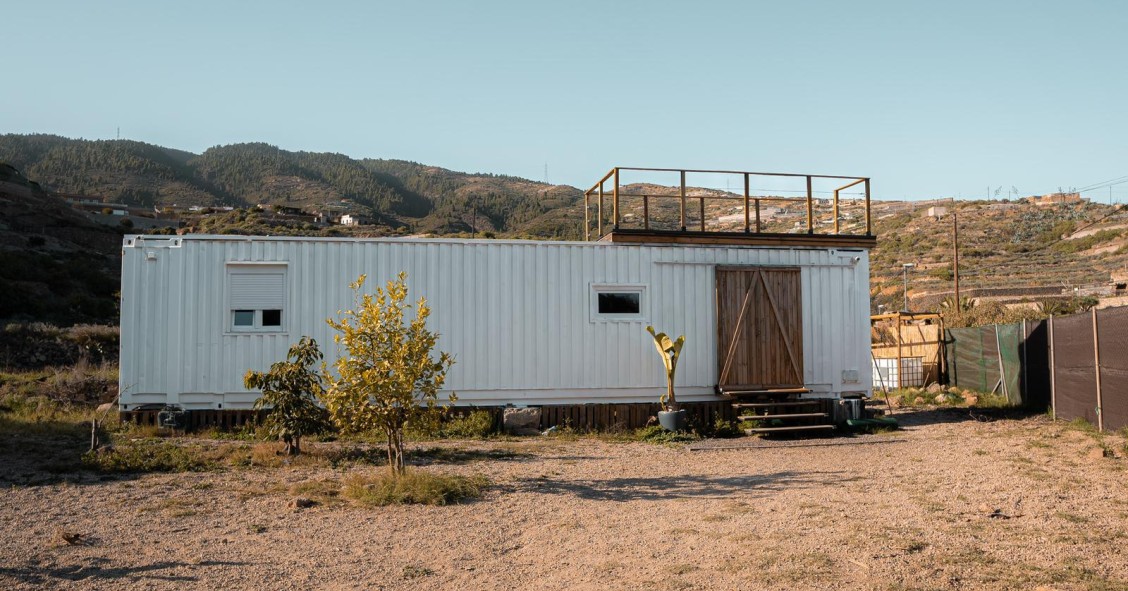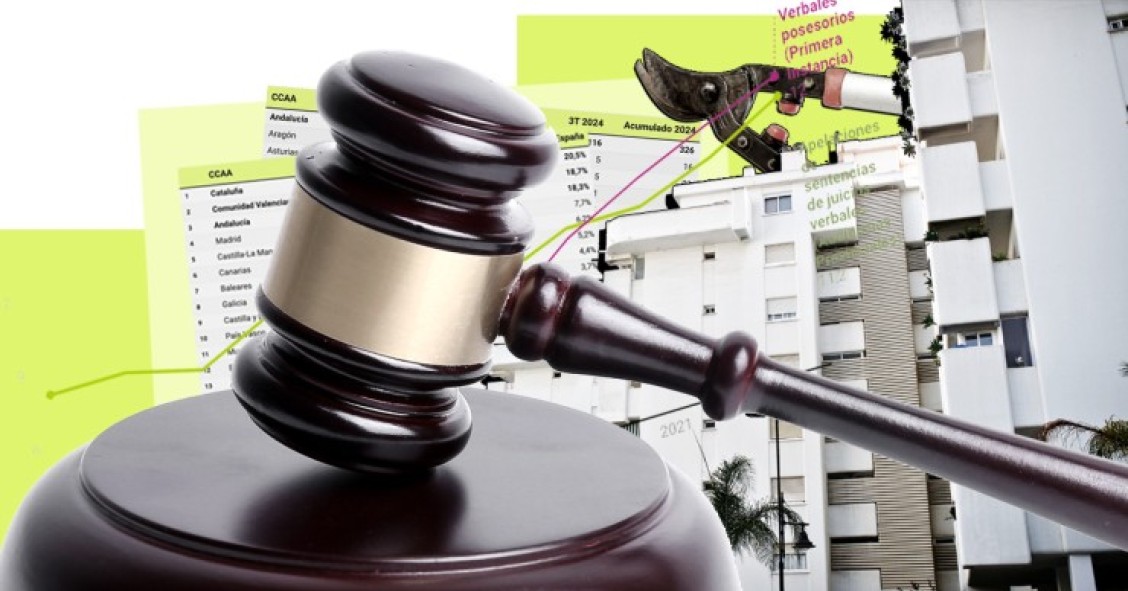
If you live in a rental property in Spain, it's almost a given that at some point something has broken, there has been some damage to the property or you have wanted to make some kind of modification. When the person who lives in the house is the owner, it is more or less clear who has to pay for such things. If anything, the only question may be related to what the insurance does or does not cover. On the other hand, when the house is rented, not everything is always as clear, which can generate great misunderstandings between landlords and tenants, something which is undoubtedly better to avoid.
This is why we are going to explain some of the obligations and rights of the parties involved in a rental contract, including who pays for repairs and works in a rented flat when renting in Spain.
The general rule: the landlord pays
In principle, and as a general rule, it is the landlord who must pay for all those occasional repairs that are necessary to keep the property in habitable conditions, following the provisions of Article 21.1 of the "LAU" (Urban Leases Act):
"The lessor is obliged to carry out, without the right to raise the rent, all the repairs that are necessary to preserve the dwelling in habitable conditions to serve the agreed use, except when the deterioration of the repair is attributable to the tenant in accordance with the provisions of Articles 1,563 and 1,564 of the Civil Code".
Tenants have the obligation, as stated in Article 21.3. to communicate to the lessor "the need for repairs as soon as possible, for which purpose alone, proof must be provided to the landlord of the state of the dwelling", so that the appropriate measures can be taken. In some cases, if the repair is urgent "to avoid imminent damage or serious discomfort", the tenant may act on his own, but always with the corresponding "prior communication to the landlord", after which he may immediately demand the amount paid.
If the repairs are due to damage attributable to the tenant, this is one of the exceptions to the general rule, but not the only one. Another one is the one stated in Article 21.4: "small repairs required because of wear and tear due to the ordinary use of the dwelling shall be at the expense of the tenant".
"Habitable conditions": an ambiguous expression
One problem with the wording of Article 21 of the Urban Leases Act is the vagueness of some of the expressions used, such as "habitable conditions". This has left the door open for different interpretations. In order to clarify exactly what this refers to, let's have a look at what the Supreme Court has said.
The 1st Chamber of the Supreme Court in a 1951 ruling clarified that these types of repairs are understood as those "aimed at correcting significant defects in the rental property that make it unusable for the purpose agreed in the contract."
Later judgments have indicated that this expression includes all actions including: the "conservation of the roof of the rented property so that it remains in a state suitable to its destined use, correcting defects with the primary purpose of preventing water leaks" (1951); "the repair, renewal or partial replacement of any components of water and drainage installations" (1970), whether their necessity arises "from the mere passage of time, from natural wear and tear or, due to the occurrence of unforeseen circumstances" (1964).
Therefore it can be concluded that repairs to the electrical installations, the heating system or the pipes, to give just a few examples, must be paid for by the landlord, with the sole exception of a technician concluding that the cause of the damage was misuse by the tenant.
Improvement work: rights and obligations
Another confusion is generated between conservation and repair works and improvement works. The difference is that the improvement works are not strictly necessary to guarantee the livability of the dwelling, that is, they are carried out to improve its characteristics, or as a result of an agreement between the owners of the building.
According to the Urban Leases Act, the landlord may carry out improvement works, even if there is a tenant in the dwelling, provided that the work "cannot reasonably be postponed until the conclusion of the lease". In addition, landlords must give tenants three months' notice. In a situation like this, the tenant is allowed to waive the contract, "unless the works do not affect the rental property or affect it in an irrelevant way". If the tenant chooses to maintain the contract, Article 22 states that "tenants will be entitled to a reduction in rent in proportion to the part of the dwelling that is affected as a result of the works, as well as compensation for the expenses incurred during the work".
On the other hand, according to Article 19.1 of the LAU, the carrying out of significant improvement works will give the landlord the right to raise the the rent, after five years of the lease, with a limit of up to a 20% increase.
What the tenant can and cannot do
A frequent question is what the tenant can and cannot do in a rental property. In the Urban Leases Act, the only express mention is of what the tenant cannot do. Article 23.1 determines that the tenant may not carry out works without the written consent of the owner that modify the configuration of the dwelling or the furniture, nor, in any case, does the tenant have the right to carry out works that involve a decrease in the stability or security of the property. If these things are not respected, the landlord may terminate the contract and can choose between requiring the tenant to restore the things to their previous state or keeping the work, without the tenant being able to claim any kind of compensation for the cost of the work.
There have been such cases which have ended up in court, such as a case in the Zaragoza Court of Appeal in 2000, in response to a lawsuit in which the tenant requested the landlord to pay for the installation of a shower in a bathroom that did not have one. The court stated that this installation could not be considered as conservation work and, therefore, the owner had no obligation to oblige.
An important exception is found in cases where the tenant is disabled or over 70 years of age. In these circumstances, the tenant will be able to carry out the necessary works to be able to enjoy the property, but with two obligations. The first is to notify the landlord in writing beforehand; the second is that when the contract expires the property must be returned to its original state, if the landlord so requires.






